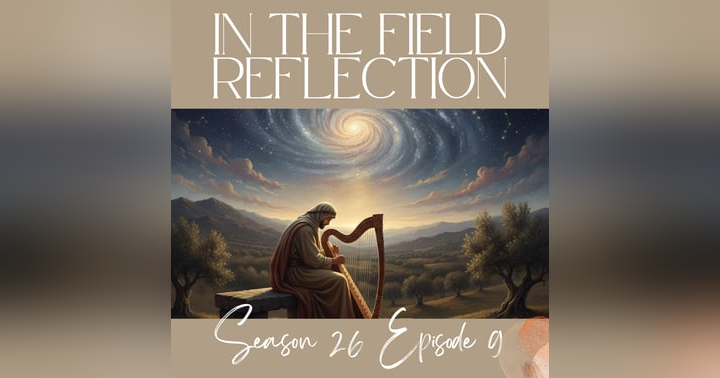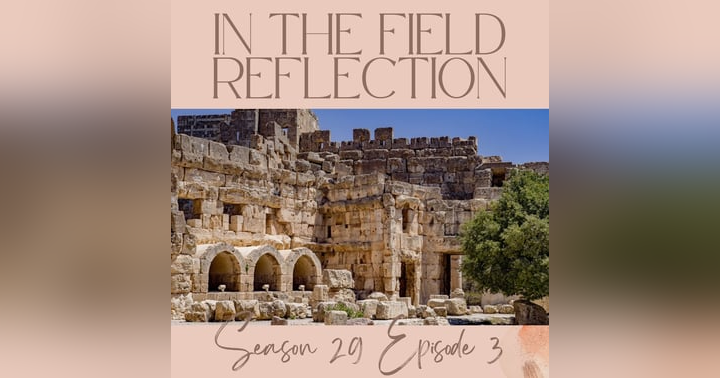The Day of the Lord: Judgment, Mercy, and Restoration

In the shadows of devastation, the Book of Joel offers a profound message of warning, repentance, and ultimately, divine restoration. Joel 2 presents one of scripture's most vivid depictions of judgment, mercy, and restoration, combining a call to return to God with the assurance of healing, creating a spiritual paradox still deeply relevant for believers today.
The chapter opens with an urgent alarm: "Blow the trumpet in Zion. Sound the alarm on my holy mountain." This isn't merely a poetic flourish but a desperate call to attention as the "day of the Lord" approaches—a time of reckoning described in apocalyptic imagery of darkness, gloom, and an unstoppable army. The devastation caused by locusts in chapter 1 becomes a metaphor for this coming judgment, with Joel describing the approaching forces with military precision: "Like warriors they charge, like soldiers they scale the wall." The imagery is intentionally frightening, designed to shake God's people from their complacency and false security.
Yet amidst this terrifying vision, we encounter the heart of Joel's message in verse 12: "Yet even now, says the Lord, return to me with all your heart." This pivot point reveals God's true intention—not destruction for destruction's sake, but restoration through repentance. Joel calls for a response that goes beyond religious ritual, demanding instead that the people "rend your hearts and not your clothing." This distinction between outward religious performance and inward spiritual transformation forms the theological core of the chapter, challenging readers to examine whether their own faith practices reflect genuine heart change or merely superficial observance.
The promise that follows this call to repentance reveals God's restorative character: "I will repay you for the years that the swarming locust has eaten." This verse has brought comfort to countless believers throughout history who have experienced loss, devastation, or wasted years. God doesn't simply promise to halt the destruction; He promises to restore what was lost—a principle that extends beyond ancient Israel to anyone who has experienced seasons of devastation or emptiness in their spiritual journey. When we surrender our brokenness to God, He doesn't merely stop the bleeding; He regenerates what was damaged.
The chapter culminates with the famous prophecy quoted by Peter on the day of Pentecost: "I will pour out my spirit on all flesh." This remarkable promise points beyond Israel's immediate restoration to a future spiritual awakening that would transcend gender, age, and social status. The democratization of God's Spirit—no longer reserved for select prophets, priests, or kings—foreshadows the inclusive community formed through Christ's redemptive work, where the Spirit empowers all believers regardless of social standing or background.
Joel 2 ultimately reminds us that divine judgment is never God's final word—it is always a passage toward mercy for those who respond with genuine repentance. The chapter weaves together warning and promise, depicting a God who is both holy in judgment and generous in restoration. For contemporary readers, Joel's message offers a powerful reminder that no matter how devastating our circumstances, God's heart remains set on restoration when we turn to Him with genuine, heart-level repentance.



